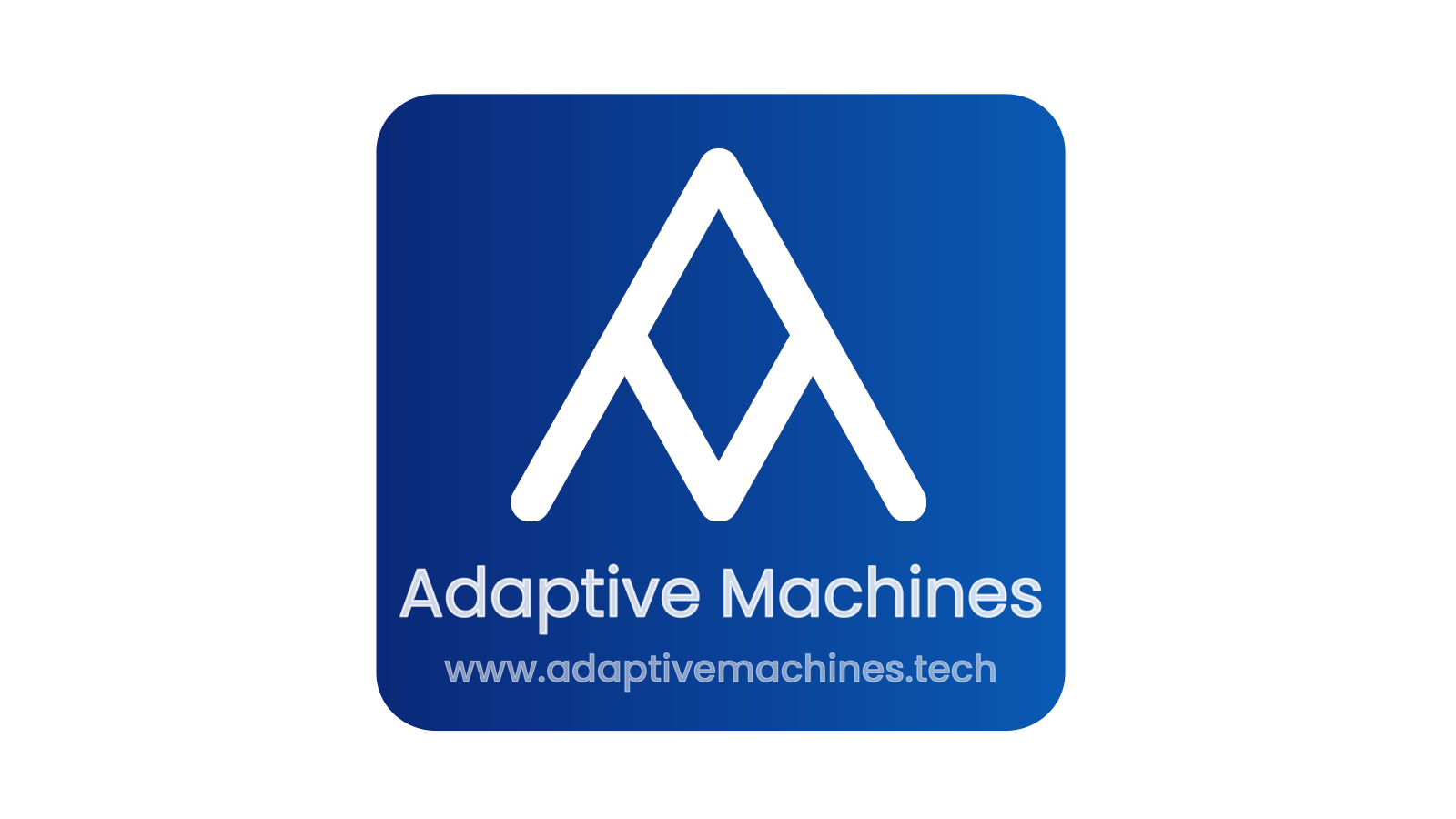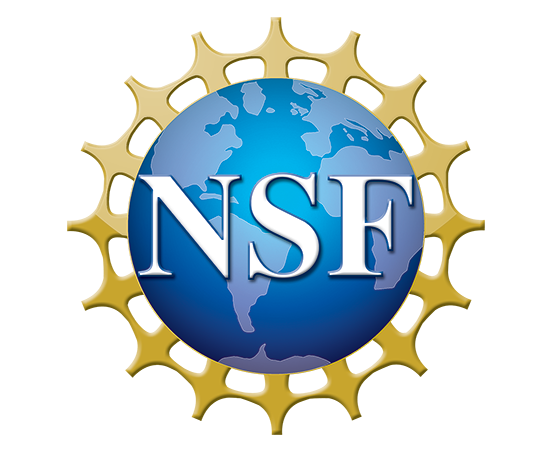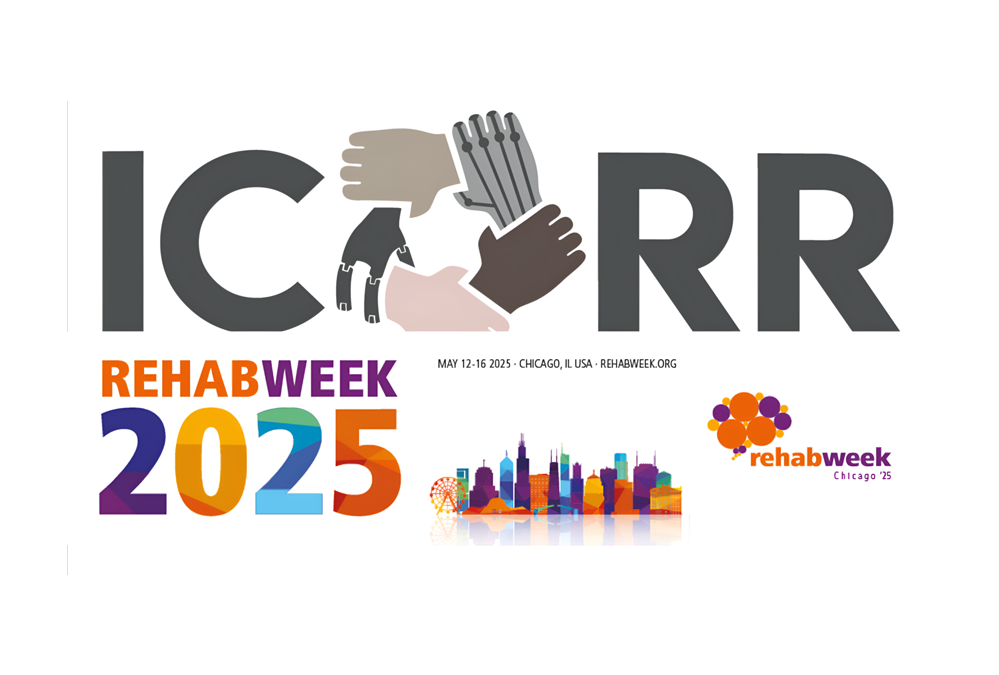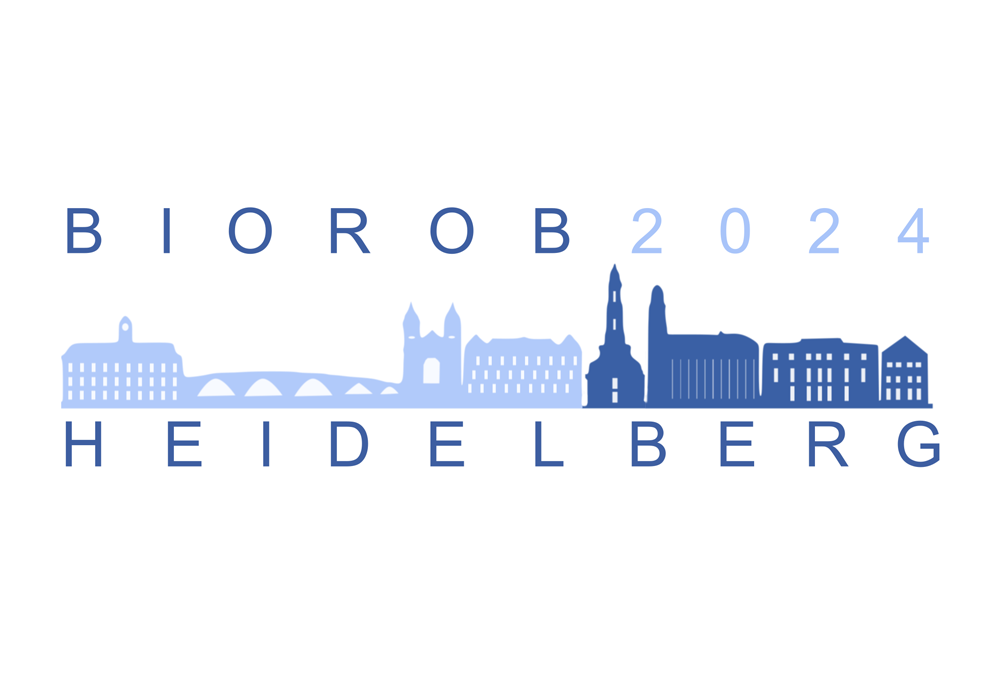
Hi, I’m David Braun. I teach students and lead researchers in creating visionary robotics technologies.
Academy
My teaching focuses on the principles of dynamics, control, and optimization—empowering future innovators to understand machines through scientific principles and problem-solving.
Research
My research centers on the optimal control and design of next-generation robots—machines that adapt and improve through repeated experiences, much like humans.
Highlights
News
March 2025
Adaptive Machines | Robotics Science, Research, and Innovation
I am excited to introduce Adaptive Machines, a research-driven firm specializing in robotics consulting and innovation. By applying foundational research, we help businesses, innovators, and students explore and develop next-generation adaptive robotic systems. Stay tuned for insights, opportunities, and collaborations.
March 2025
Associate Editor at IEEE ICORR 2025
I am excited to contribute as an Associate Editor for the IEEE International Conference on Rehabilitation Robotics, hosted by the Shirley Ryan AbilityLab in Chicago. This prestigious event brings together researchers and practitioners to explore innovative assistive technologies.
October 2024
Poster Presentation at IEEE IROS 2024
We are excited to share our paper, “Energy Minimization using Custom-Designed Magnetic-Spring Actuators,” which introduces an optimization-based design method that enhances the energy efficiency of magnetic spring actuators by 50%. Join us in Abu Dhabi at the IEEE/RSJ International Conference on Intelligent Robots and Systems to explore this concept and its potential impact on robotics.
September 2024
Editor at IEEE BioRob 2024
I am thrilled to help the community as Editor for the IEEE International Conference on Biomedical Robotics and Biomechatronics. This conference focuses on advancing the intersection of robotics and biomechanics to develop transformative technologies.
May 2024
Paper and Poster Presentation at IEEE ICRA 2024
Remember studying the principles of energetically conservative springs with constant stiffness in your physics class? We have advanced this foundational concept with our innovation: “Energetically Conservative Variable Stiffness Springs.” Join me in Yokohama, Japan, at the IEEE International Conference on Robotics and Automation to explore this breakthrough and its implications for the future of robotics.








